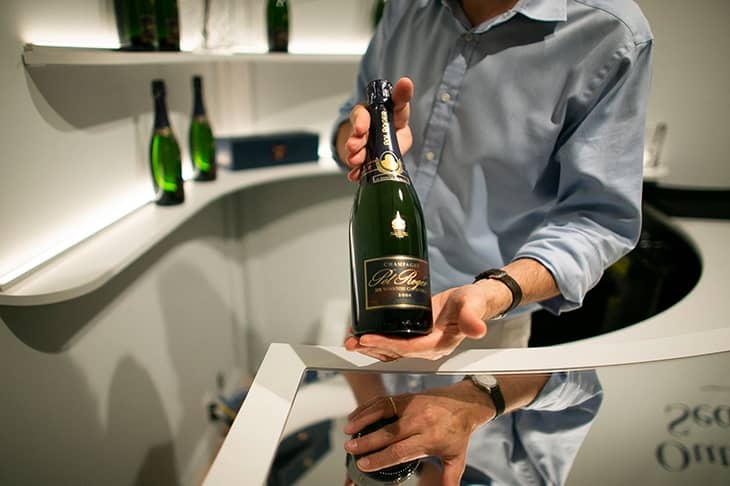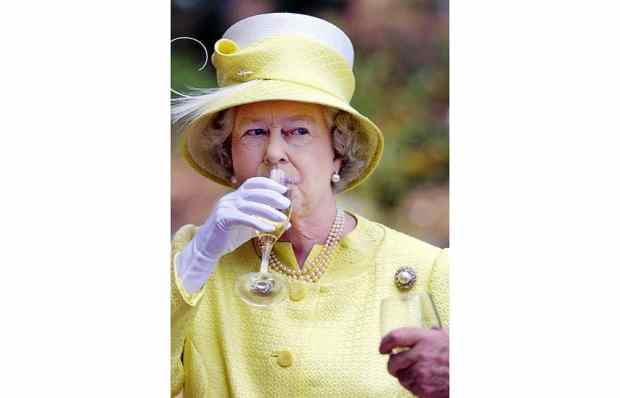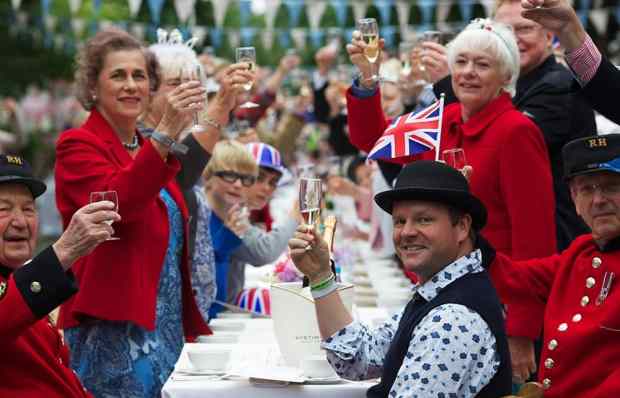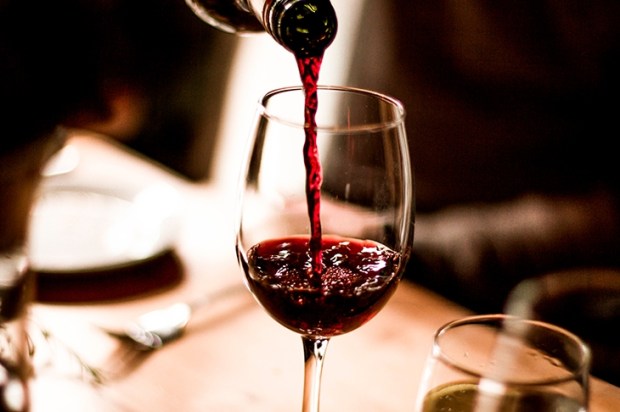My dear friend Richard Stow is a most congenial fellow. A serious financial entrepreneur, he is also a clubman and an oenophile. Over a sound meal and good bottles, he enjoys convening a group of old muckers. They are all well into the respectabilities of middle life. Some of them have already featured in the Honours List. Others are heading in that direction. But Richard still manages to evoke the atmosphere of an undergraduate dining club. Begone, dull care.
So when he proposed a dinner with a diplomatic theme and some estimable bottles, I was delighted. These are times when care has ceased to be dull: heart-rending is more accurate. An evening away from the news was attractive. Not that we could evade Ukraine, in the presence of two ambassadors. Indeed, we began by toasting the memory of a third. Christopher Mallaby,who died recently, had worked in Bonn and Paris. With a mind like a clear winter day, his motto might well have been nil admirari. He was almost the platonic ideal of the diplomatic intellect. It can never be an easy profession. A first-rate ambassador immerses himself in his host country’s language, history, culture and politics. He not only hears what the talking men are saying, he also has an ear for what the silent men are thinking. This means that he has a sounder political judgment about the country where he is serving than most of its politicians.
Then come the difficulties. The host country and his own country are in dispute. His task is to mediate: inducing both sides to a reasonable compromise. That is never easy. Hosts will ask themselves why they should trust a foreigner. At home, the suspicion will be that he has gone native. To persuade your prime minister that other countries also have interests, and electorates, is never easy, especially if your PM is Margaret Thatcher. But Christopher succeeded in winning her respect. That was easier, because the respect was mutual.
As for wine, we began with a Pol Roger cuvée Winston Churchill, ’04: appropriate during our current distresses. Even by the standards expected of great champagne, this was a mood enhancer. It also reminded me of the time when I saw Halley’s Comet, or at least its equivalent. I heard Ted Heath tell a funny story. Churchill had owned a racehorse, christened Pol Roger, which usually won. In 1957, when he was chief whip, Ted found himself escorting Field Marshal Montgomery to the races. Pol Roger was running. It was suggested that the Field Marshal should have a bet. He agreed and put half a crown on Winston’s horse. Alas: for once Pol Roger lost. From the way Montgomery carried on, he might have been facing an old age condemned to penury. If he had not been a great man, someone would have shoved a half-crown into his hand and told him to shut up. Such was an amusing encounter between perhaps the two meanest-spirited characters in the front rank of British public life after 1945.
In a different universe from mean-spiritedness, we moved on to a superb white Rhone, Domaine de Vieux Telegraphe ’16. Richer than a white Burgundy but no less subtle, it would be even better after another five years. We followed it by moving to Burgundy for a Grand Cru from Morey-Saint-Denis: Clos de Lambrays ’09. It was absolutely at its peak, where it will remain for many a year.
We finished with a brace of Hungarian wines from Royal Tokaji: a 5 puttonyos from ’16 and a 6 puttonyos from ’13. Both worked well with blue cheese and with more conventional accompaniments to sweet wine. Every-one else preferred the ’16. I thought the ’13 had a power and depth which would make it outstanding at full maturity. Thus concluded a splendid evening, and a brief distraction from the maturing conflict to our east.
Got something to add? Join the discussion and comment below.
Get 10 issues for just $10
Subscribe to The Spectator Australia today for the next 10 magazine issues, plus full online access, for just $10.
You might disagree with half of it, but you’ll enjoy reading all of it. Try your first month for free, then just $2 a week for the remainder of your first year.















Comments
Don't miss out
Join the conversation with other Spectator Australia readers. Subscribe to leave a comment.
SUBSCRIBEAlready a subscriber? Log in